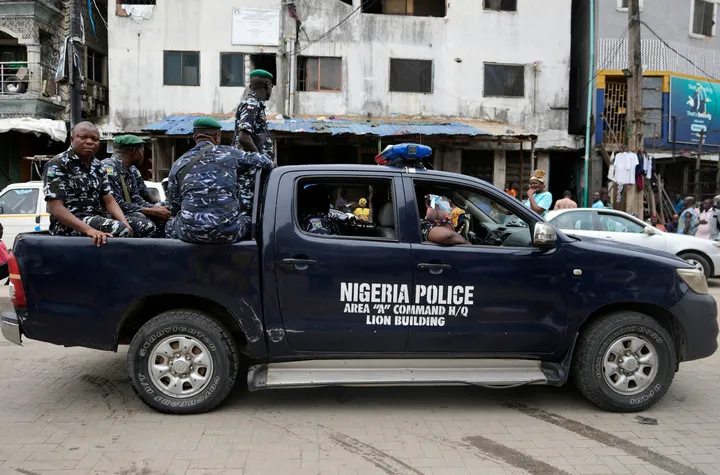Eight days before Libyans were meant to cast presidential votes, there is utter confusion over the fate of an election that has not yet been formally delayed but that even an electoral official now says will be impossible to hold on time.
Amid continued arguments and fears for electoral integrity after major security incidents, a member of the elections commission on Thursday told regional Al-Jazeera television that a December 24 vote was no longer possible.
Few of the Libyans Reuters news agency spoke to on Thursday believed the vote would happen on time, though many expected only a short delay.
"It will be postponed for a maximum of three months," said Ahmed Ali, 43, in Benghazi.
The planned December 24 vote, along with a parallel election for a new parliament, was meant to help end Libya's past decade of chaos by installing a political leadership with national legitimacy after years of factional division.
However, the process has been dogged since the start by bitter disputes over the election's legal basis and fundamental rules, including over the eligibility of deeply divisive front-runners, that have never been resolved.
On Saturday the electoral commission said it would not announce the final list of eligible candidates, drawn from the 98 who registered, until after legal discussions with the judiciary and parliament.
READ MORE: Q&A: Why Libya’s elections must be delayed
Rival candidates and political factions have been exchanging recriminations, accusing each other of trying to block or manipulate the electoral process for their own advantage.
International powers pushing for elections along with the UN have maintained their stance that polls must go ahead but this week stopped referring to the planned December 24 date in public statements.
Over recent weeks very large numbers of Libyans have collected their ballot cards and thousands have registered to be parliamentary candidates, apparently signifying widespread popular support for an election.
READ MORE: US' Libya gambit: Giving warlord Haftar another chance
Armed groups around key sites in Tripoli
Armed groups deployed in the streets of Libya's capital Tripoli overnight into Thursday, in an apparent show of force following the sacking of a senior military official.
"Armed groups under the authority of different military and security forces in Tripoli deployed heavily around sensitive sites in the capital," a military official told AFP news agency on condition of anonymity.
He said the move "came a few hours after General Abdulkader Mansour took up his post as commander of the Tripoli region, on the orders of the Presidential Council", which officially leads the North African count ry's military.
Mansour replaces Abdulbasit Marwan, who has held the post for several years and is backed by several of Tripoli's powerful armed groups.
Images posted overnight on social media showed dozens of armed men, presented as supporters of Marwan, as well as armoured vehicles, taking positions outside the headquarters of interim Prime Minister Abdulhamid Dbeibah and other key buildings.























